Don't miss our holiday offer - up to 50% OFF!
Preston 100 mg (Pralsetinib)
Preston 100 mg, containing active Pralsetinib, is a targeted cancer treatment designed to target specific cancers performing from RET gene mutations. It belongs to the order of drugs known as kinase impediments, which act to block abnormal cell signals promoting cancer growth. Designed to offer more individualized means of rehearsing oncology, Pralsetinib presents remedial options for cases with limited other choices, especially advanced or metastatic cancer cases.
This drug is particularly used in the treatment ofnon-small cell lung cancer (NSCLC) and certain types of thyroid cancers, including medullary thyroid melanoma (MTC) and RET emulsion-positive thyroid cancer taking systemic remedy. The fact that it can be taken orally makes it accessible for the cases compared to intravenous chemotherapy.
Mechanism of Action
Pralsetinib, the active pharmaceutical component in Preston 100 mg, is a RET kinase picky asset. Variations or combinations of the RET gene may result in the persistent activation of survival and cell growth signals, which leads to excessive development of cancer cells.
Widely blocking the action of the RET receptor tyrosine kinase through list, Pralsetinib disrupts this abnormal signaling, thereby:
Decelerating down or halting excrescence growth.
Converting programmed cancer cell death (apoptosis).
Reducing the threat of metastasis (spread of cancer).
Its selectivity minimizes the impact on normal, healthy cells compared to traditional chemotherapy, leading to bettered safety and tolerability.
Medical Uses of Preston 100 mg
Preston 100 mg (Pralsetinib) is given to similar cases whose cancers have been established to have RET differences. An FDA- approved test should confirm the RET gene mutations or mixtures previous to initiating treatment. The crucial suggestions are
Non-Small Cell Lung Cancer (NSCLC)
Used in adult cases with metastatic RET emulsion-positive NSCLC.
Especially in cases who have entered or are intolerant to former treatments similar as chemotherapy or immunotherapy.
Thyroid Cancer
used in situations of advanced or metastatic medullary thyroid carcinoma (MTC) caused by RET mutations.
In RET emulsion-positive thyroid cancer taking systemic remedy and which does n’t profit from or can not be treated with radioactive iodine.
Other RET- Driven malice( under clinical disquisition)
Experimenters are also exploring the administration of Pralsetinib in other RET revision-positive cancers, expanding its implicit uses beyond lung and thyroid cancers.
Dosage and Administration
Suggested Treatment 400 mg taken orally once a day on an empty stomach (at least two hours before or one hour after the mess) is the normal prescribed remedy.
Form of Administration: Preston is available as a 100 mg tablet that can be adjusted to suit specific needs.
Treatment Duration remedy is continued until complaint or inferior toxin.
Important Considerations
Instead of crushing or masticating the tablets, they should be consumed whole with water.
Cases should cleave to a regular dosing authority in order to maximize effect.
An neglected cure should be administered as soon as it’s flashed back unless it’s nearly time for the coming cure.
Side Effects of Preston 100 mg
Like all targeted cancer curatives, Preston 100 mg is associated with side effects in some cases, though not all. Common and serious side effects are:
Common Side Effects
Fatigue
Constipation
Diarrhea
Sot mouth
Edema (swelling)
Muscle or joint pain
Cough and briefness of breath
Laboratory Abnormalities
Elevated liver enzymes (AST, ALT)
Reduced white blood cells and platelets
Anemia
Increased creatinine
Serious Side Effects
Interstitial Lung complaint (ILD)/ Pneumonitis occasional and serious lung inflammation.
Hypertension: Blood pressure needs to be regularly check.
Hepatotoxicity termination or cure adaptation may be need.
Hemorrhagic Events: Use cautiously in cases with a threat of bleeding.
Close observation by a healthcare provider for the early identification and operation of these adverse effects.
Drug Interactions
Pralsetinib is metabolize in the liver primarily through the CYP3A system of enzymes, which means that certain medicines can affect its situations.
Use corrupters (like rifampin and carbamazepine) and strong CYP3A inhibitors (like ketoconazole and itraconazole) with caution.
Caution with proton pump impediments (PPIs). These can reduce immersion.
Herbal treatments similar as St. John’s Wort have to be avoid.
All specifics and supplements consumed have to be note by the case and inform to their health care provider before remedy is initiated.
Precautions and Warnings
Gestation and Breastfeeding
It may beget fetal damage. It’s recommend to use effective contraception during treatment and for a specific duration following the last cure.
Breastfeeding should be avoid during treatment and at least 1 week after the last dose.
Pre-existing Conditions
Cases with pulmonary complaint, liver insufficiency, or inadequately controlled hypertension should be cover precisely.
Monitoring Conditions
regular testing and blood counts to keep an eye on liver and organ function.
imaging on a frequent basis to assess therapy response.
Advantages of Preston 100 mg
Precision Medicine Targets only RET- shifted excrescences, perfecting efficacity.
Oral remedy less delicate for cases to tolerate than intravenous chemotherapy.
Enhanced Tolerability: Side effect profile generally more tolerable than other curatives.
Longer Responses Clinical trials have shown longer continuing responses and longer progression-free survival.
Conclusion
Preston 100 mg (Pralsetinib) is a major advancement in treating RET- driven cancers. By acting specifically on the inheritable mutations that beget excrescences to grow, it gives cases a better, substantiated, and more- permitted option than conventional chemotherapy.
Indeed, as side effects and other medicine relations must be count precisely under the direction of a doctor, the benefit of Preston 100 mg renders it an integral part of moment’s cancer oncology practice, particularly for RET emulsion-positive NSCLC and thyroid cancer cases.
As further is discover, it might yet find farther functions in the treatment of other RET- altered cancers, further solidifying its part in target cancer remedy.

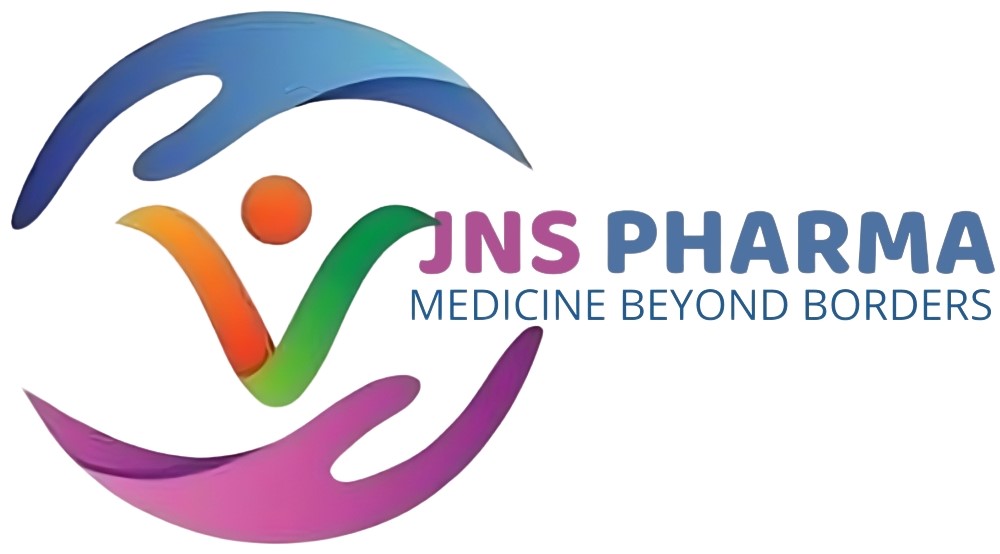
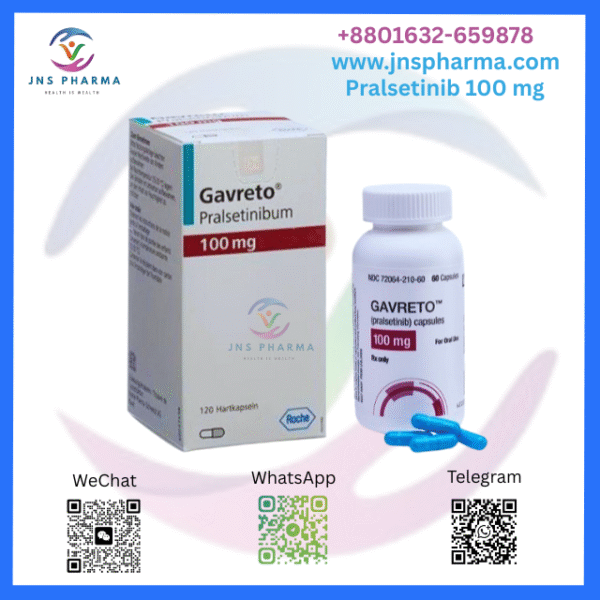
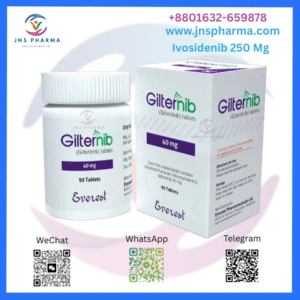
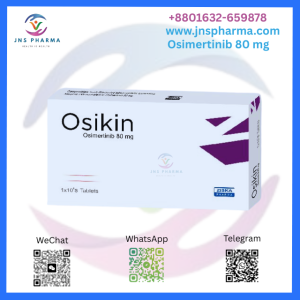
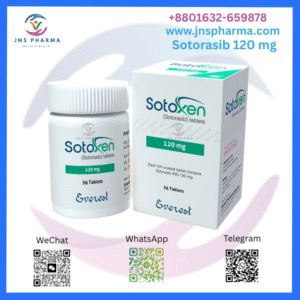
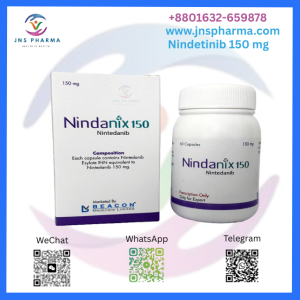
Reviews
There are no reviews yet.